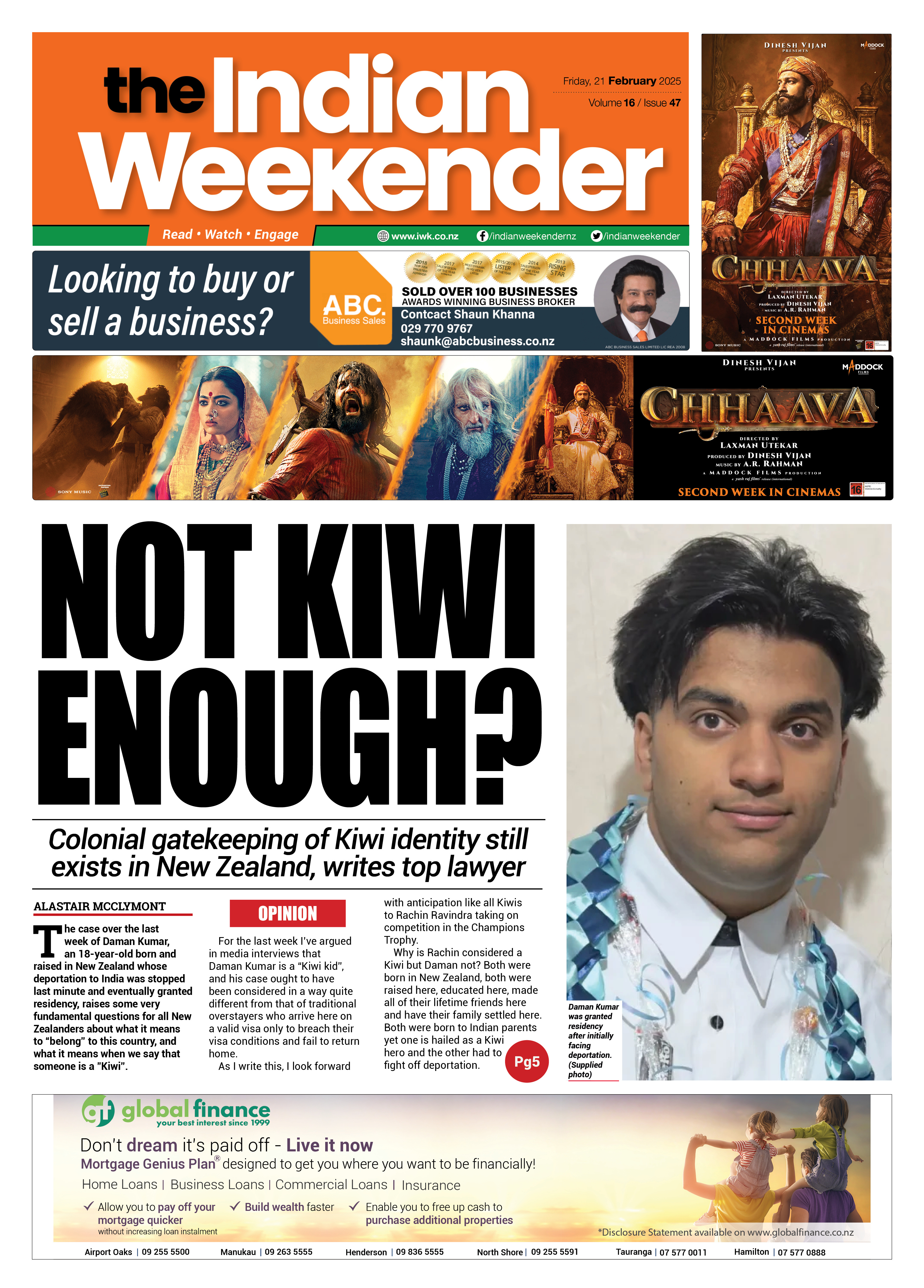NZ Friends of Fiji hosts successful national stroke workshop in Suva

In a commendable display of cross-border collaboration and medical expertise, the Friends Of Fiji Health (FOFH) NZ, a charitable organisation based in Auckland, organised a successful two-and-a-half-day Fiji National Stroke Workshop Conference in Suva, Fiji.
The event, held at Tanoa Plaza Suva from July 31 to August 2, marked a significant milestone in advancing stroke care in the region.
The conference brought together 32 delegates from three major Fiji hospitals – Suva, Labasa, and Lautoka – along with community representatives. The delegates, who represented frontline staff responsible for stroke care in hospitals and communities, engaged in comprehensive discussions aimed at enhancing their skills and knowledge.
.jpg)
A session in progress at the workshop
Supported by the Fijian government, leaders of the three prominent Fiji hospitals, and the New Zealand Acute Stroke Multidisciplinary Team (MDT) predominantly from Middlemore and Waitemata hospitals, the conference embodied a collaborative spirit that resonated throughout the event.
“We are deeply grateful for the unwavering support of our sponsors both in New Zealand and Fiji. Without their contributions, this event would not have been possible,” acknowledged Dr Ajay Kumar, Medical Lead of FOFH NZ.
The workshop’s agenda covered the entire spectrum of Transient Ischemic Attack (TIA) and stroke care, delving into both depth and breadth within the given timeframe. A highlight of the event was the tailored discipline-specific breakout sessions, which facilitated mutual learning and knowledge exchange.
“We found our local counterparts to be remarkably knowledgeable and skilful. This collaborative experience emphasised the need for more hands-on time to deliver the highest level of patient care. We are immensely proud of their dedication and work,” a representative from Stroke MDT said.
The enthusiasm, professionalism, and hunger for knowledge exhibited by the local healthcare professionals were laudable. Their commitment to delivering first-class services to their patients showcased the dedication that drives the medical community in Fiji, Dr Kumar said.
With the success of the conference, efforts are already underway to plan the subsequent phases. These encompass the establishment of stroke teams in major hospitals, the creation of a stroke unit in Suva, logistical arrangements for acute stroke therapies, and the seamless integration of community support.
The Fiji National Stroke Workshop Conference stands as a testament to the power of collaboration and knowledge sharing in the medical field. As stakeholders continue to build upon the foundations laid during this event, the future of stroke care in Fiji looks promising, with improved patient outcomes and a strengthened healthcare ecosystem on the horizon.



